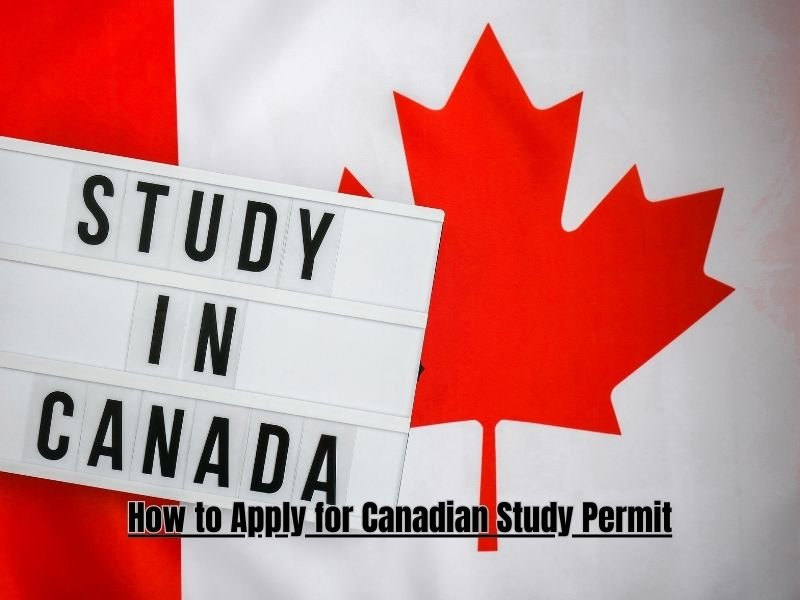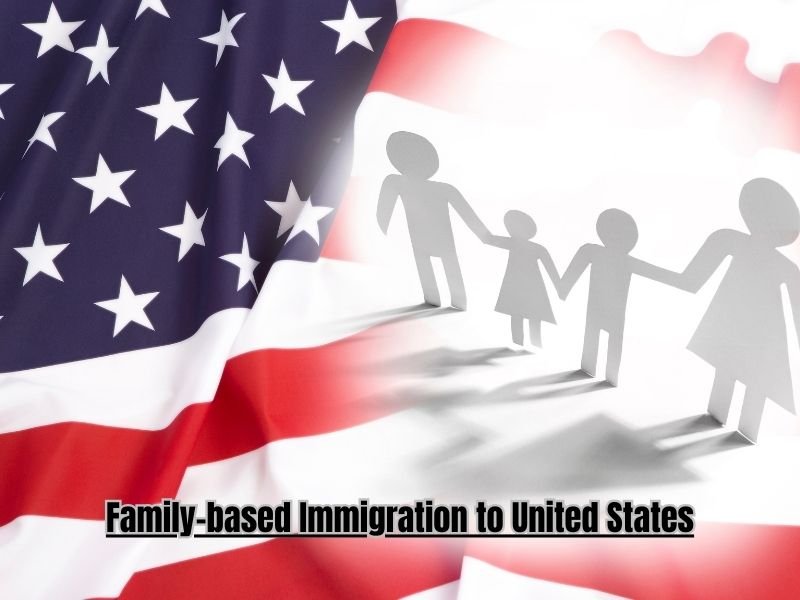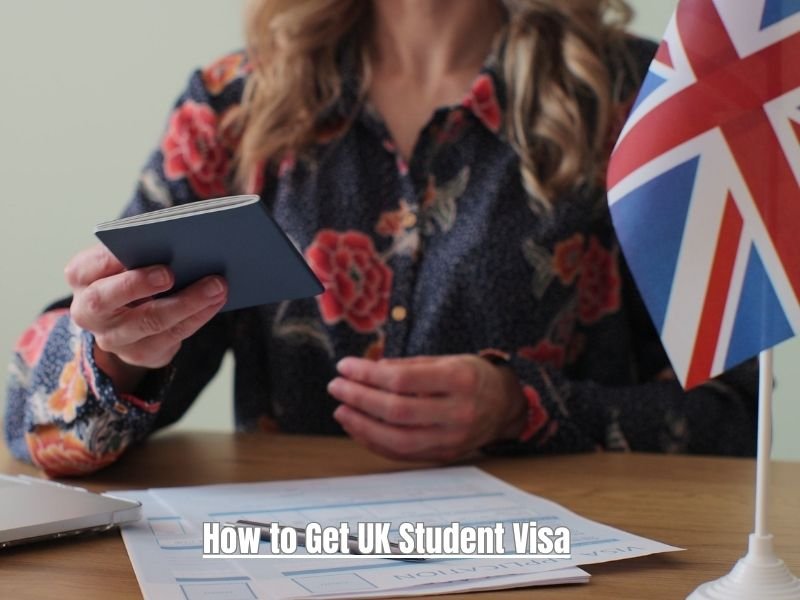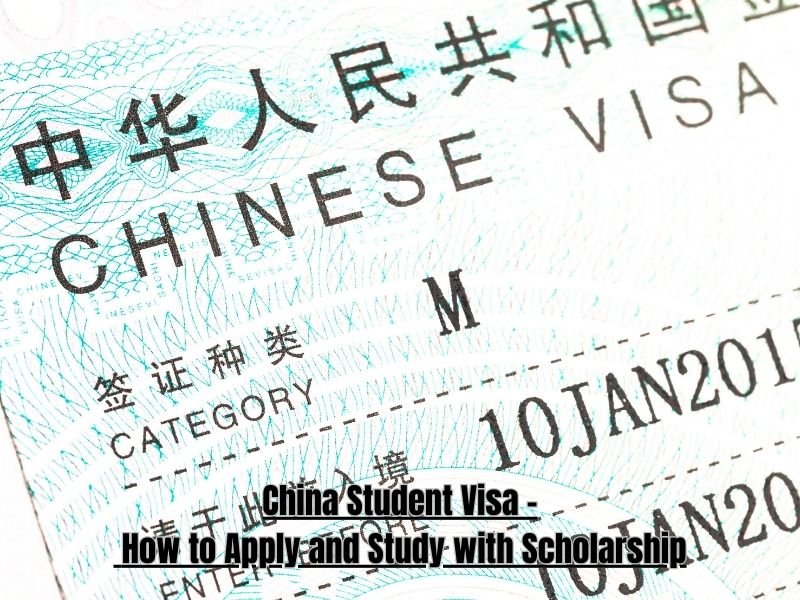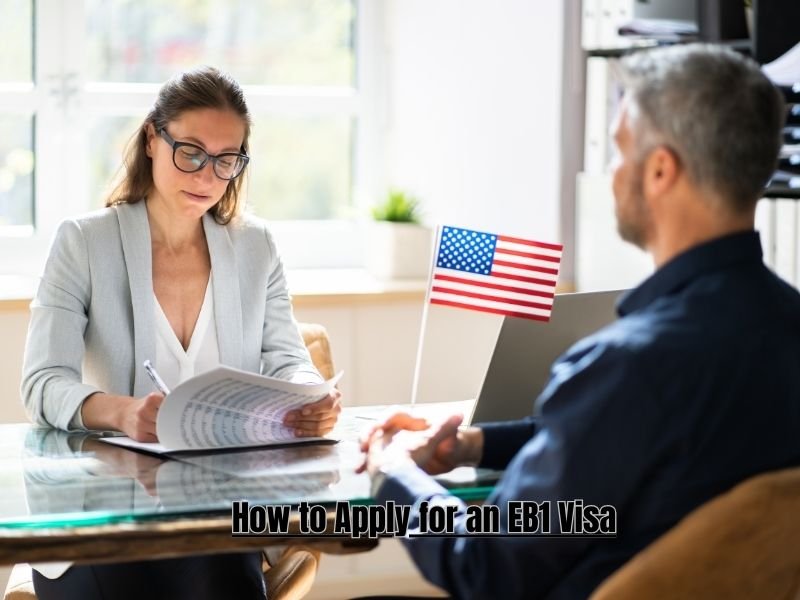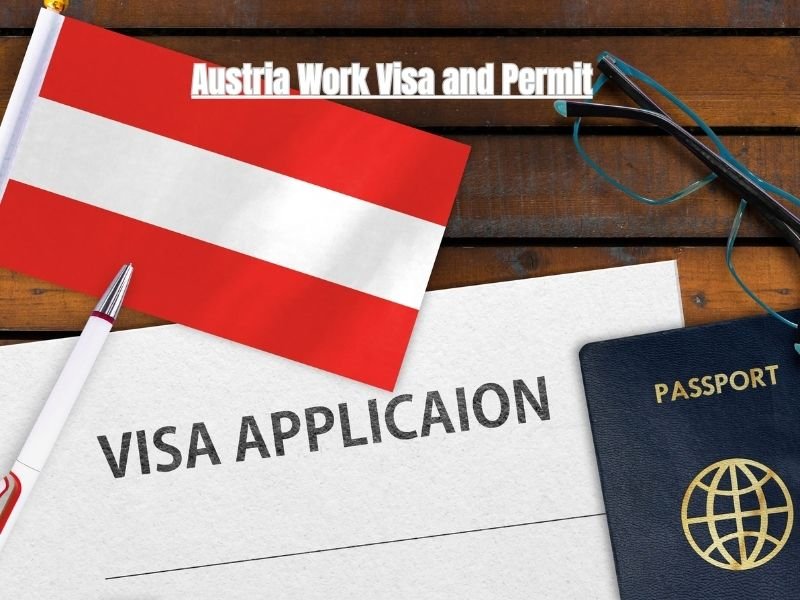The Canada Visitor Visa allows you to go to a Canadian port of entry and ask for permission to enter the country. The Border Patrol Officers are the ones who are allowed to grant or deny you entry based on your documents and your situation.

Canada, with its breathtaking natural landscapes, vibrant cities, and diverse culture, is a sought-after destination for tourists and visitors from around the world. Whether you want to explore the stunning Rockies in Alberta, experience the multicultural tapestry of Toronto, or witness the Northern Lights in Yukon, a visit to Canada promises an unforgettable experience. To embark on this journey, you’ll typically need a Canada Visitor Visa for Tourism and Visits. In this comprehensive guide, we will explore the ins and outs of obtaining a visitor visa for Canada, providing you with the information you need to make your trip a reality.
Why Visit Canada?
Before delving into the specifics of obtaining a Canada Visitor Visa, let’s discuss what makes Canada an enticing destination for travelers. Canada is known for its natural beauty, vast open spaces, and friendly people. Here are some compelling reasons to visit this remarkable country:
1. Natural Wonders
Canada boasts an array of natural wonders, from the towering peaks of the Canadian Rockies to the pristine lakes and forests of Ontario. Explore Banff and Jasper National Parks, witness the majestic Niagara Falls, or hike along the Cabot Trail in Nova Scotia. There is no shortage of awe-inspiring landscapes to discover.
2. Multicultural Cities
Canada’s cities are diverse and vibrant, offering a blend of cultures, cuisines, and experiences. Cities like Toronto, Vancouver, and Montreal are known for their cosmopolitan atmospheres and numerous cultural events, making them ideal destinations for urban explorers.
3. Outdoor Adventures
Whether you’re a thrill-seeker or a nature enthusiast, Canada provides numerous opportunities for outdoor activities. Skiing in Whistler, hiking in the Yukon, kayaking in Prince Edward Island, and polar bear watching in Manitoba are just a few examples of the adventures that await you.
4. Rich History and Culture
Canada has a rich and varied history, with influences from Indigenous peoples, British and French colonial eras, and waves of immigration from all over the world. The country’s museums, galleries, and historic sites offer a glimpse into its fascinating past and vibrant present.
5. Welcoming Environment
Canada is renowned for its welcoming and diverse population. Visitors often find Canadians to be friendly and accommodating, making it an inviting destination for people from all walks of life.
The Canada Visitor Visa
If you’re not a Canadian citizen or permanent resident and plan to visit Canada for tourism, to visit friends and family, or for any other short-term non-work-related purposes, you will likely need a Canada Visitor Visa, also known as a Temporary Resident Visa (TRV). The TRV is a document issued by the Canadian government that permits you to enter and stay in Canada for a limited period.
Here are some key points about the Canada Visitor Visa:
1. Types of Visitor Visas
Canada offers different types of visitor visas, including:
- Single Entry Visa: This allows you to enter Canada once. After leaving Canada, you will need a new visa to return.
- Multiple Entry Visa: With this type of visa, you can enter and exit Canada multiple times during the visa’s validity period, which is usually up to 10 years.
2. Eligibility
To be eligible for a Canada Visitor Visa, you must:
- Have a valid travel document, such as a passport.
- Be in good health and willing to undergo a medical examination if required.
- Convince an immigration officer that you have ties (such as a job, home, and family) that will ensure your departure from Canada after your visit.
- Prove that you have enough money to support yourself during your stay in Canada.
- Not be inadmissible to Canada, which means you have no serious criminal convictions and meet other admissibility requirements.
3. Application Process
The process of obtaining a Canada Visitor Visa involves several steps:
- Determine if you need a visa: Depending on your nationality and the purpose of your visit, you may be exempt from a visitor visa. You can use the Government of Canada’s official website to check if you need one.
- Complete the application: You will need to fill out the appropriate application form, which can be found on the Immigration, Refugees, and Citizenship Canada (IRCC) website.
- Gather required documents: Along with your application form, you’ll need to provide various supporting documents, including your passport, photographs, proof of funds, travel itinerary, and a letter of invitation if applicable.
- Pay the processing fee: There is a non-refundable processing fee associated with your application. Ensure that you pay the correct fee according to your visa type.
- Submit your application: You can submit your application online through the IRCC website or at a Visa Application Center (VAC) in your country. Biometrics, such as fingerprints and photographs, may also be required as part of your application.
- Attend an interview: In some cases, you may be asked to attend an interview at a local Canadian consulate or embassy.
- Wait for a decision: The processing time for Canada Visitor Visas can vary, so it’s essential to apply well in advance of your intended travel date. Processing times can be checked online on the IRCC website.
- Passport submission: If your application is approved, you will receive a Port of Entry (POE) Letter of Introduction. This letter should be carried with you when you travel. At the port of entry, an immigration officer will grant you a visitor visa and determine the length of your stay.
4. Extending Your Stay
If you wish to extend your stay in Canada beyond the duration specified on your visitor visa, you must apply for an extension. It’s important to do this before your current visa expires. Extensions are granted on a case-by-case basis, and the application process is similar to the initial visa application.
Tips for a Successful Canada Visitor Visa Application
Obtaining a Canada Visitor Visa can be a straightforward process if you approach it with preparation and care. Here are some tips to increase your chances of a successful application:
1. Apply Early
Start the application process well in advance of your intended travel date. This ensures you have enough time for document gathering, processing, and potential delays.
2. Be Honest and Accurate
Provide accurate and truthful information in your application and during any interviews. Misrepresentation or false information can lead to visa rejection and future inadmissibility to Canada.
3. Organize Your Documentation
Thoroughly review the document checklist provided by the IRCC and ensure that you have all the required documents in order. This includes your passport, travel itinerary, proof of funds, and any additional documents relevant to your visit.
4. Proof of Ties to Your Home Country
One of the key factors in visa approval is demonstrating that you have strong ties to your home country, such as a job, property, family, or other commitments that ensure your return. Provide supporting documents to strengthen this aspect of your application.
5. Financial Documentation
Prove that you have enough funds to support yourself during your stay in Canada. Bank statements, pay stubs, and a letter from your employer can serve as evidence of your financial capacity.
6. Travel Insurance
While not mandatory, having travel insurance is highly recommended. It can cover unexpected medical expenses, trip cancellations, and other unforeseen events during your stay in Canada.
7. Follow
Adhere to the instructions provided on the official IRCC website and the application form. Failing to do so could lead to unnecessary delays or visa denials. Remember that different visa types may have specific requirements, so make sure you select the appropriate category.
8. Seek Professional Assistance if Needed
If you find the application process complex or have concerns about your eligibility, consider consulting an immigration consultant or lawyer. They can provide guidance, review your application, and help you navigate the process effectively.
9. Letter of Invitation
If you are visiting family or friends in Canada, it can be beneficial to have a letter of invitation from your host. This letter should include details about your relationship with the host, the purpose of your visit, and information about your accommodation and financial support while in Canada.
10. Maintain a Strong Travel History
If you have a history of international travel and complying with visa requirements, it can be a positive factor in your application. Conversely, a history of visa violations or overstays in other countries may raise red flags.
Conclusion
A visit to Canada offers a plethora of experiences, from natural wonders to vibrant cities, and a rich cultural tapestry. The Canada Visitor Visa, or Temporary Resident Visa, is the gateway to exploring this beautiful country. By following the application process diligently, providing accurate information, and demonstrating strong ties to your home country, you can enhance your chances of obtaining a visitor visa.
Remember that the application process can vary based on your individual circumstances, such as the purpose of your visit and your home country. Always check the most up-to-date information and guidelines on the official website of Immigration, Refugees, and Citizenship Canada (IRCC) to ensure a successful application.
Once you obtain your Canada Visitor Visa, you’ll be ready to embark on an adventure through the diverse landscapes, cultures, and experiences that make Canada a world-class destination for tourists and visitors. Make the most of your journey by planning ahead, exploring the country’s incredible offerings, and enjoying the warm welcome of the Canadian people. Whether you’re seeking outdoor adventures, cultural enrichment, or simply a relaxing escape, Canada has something to offer every traveler, and the visa application is the first step toward making those dreams a reality.

